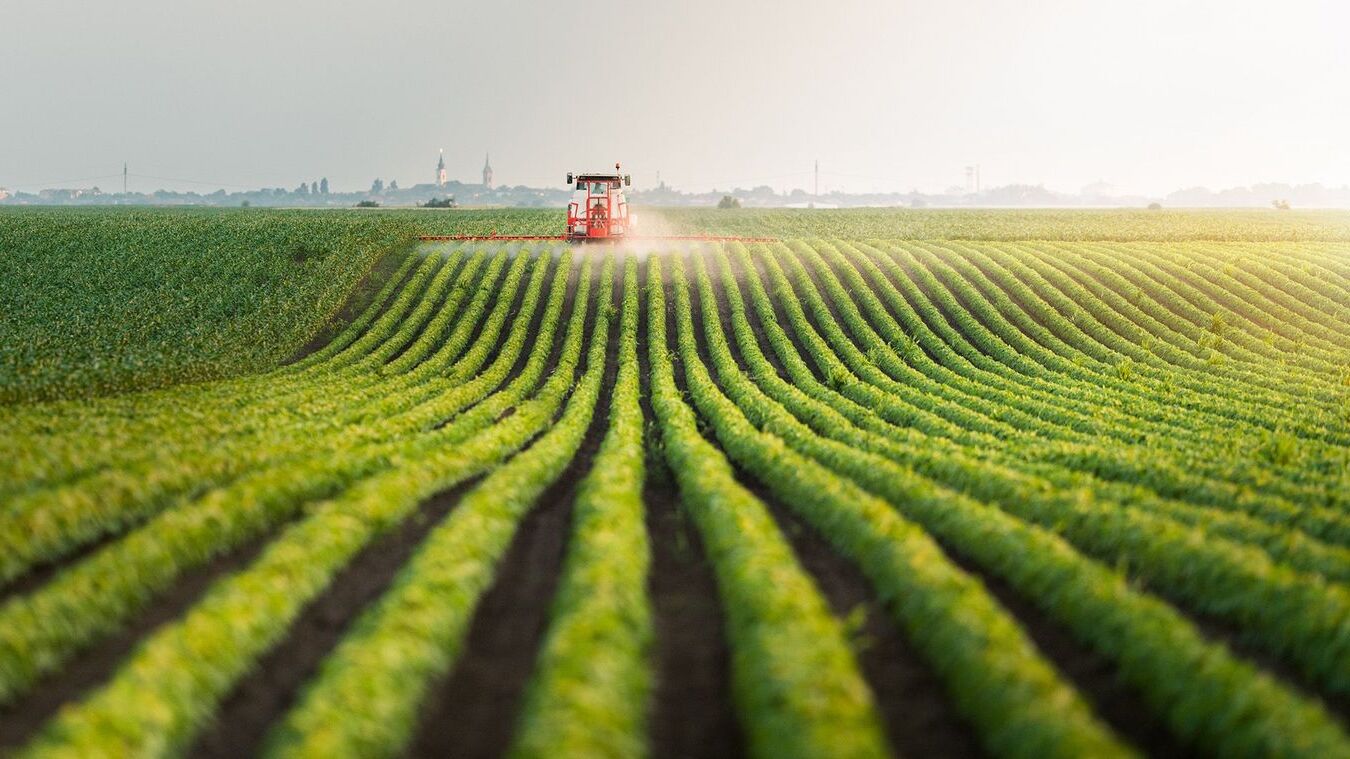
Monoculture is a farming practice where a single crop is grown in a large area year after year. This method has both benefits and drawbacks. Why is monoculture important? It allows for efficient farming, easier pest control, and higher yields. However, it can also lead to soil depletion, increased vulnerability to pests, and loss of biodiversity. Understanding monoculture helps us appreciate the balance needed in agriculture. Farmers and scientists constantly seek ways to improve this practice while minimizing its negative impacts. Let's dive into 26 intriguing facts about monoculture that highlight its complexities and significance in modern farming.
What is Monoculture?
Monoculture refers to the agricultural practice of growing a single crop, plant, or livestock species in a field at a time. This method is widely used in modern farming due to its efficiency and economic benefits. However, it comes with its own set of challenges and impacts.
-
Monoculture simplifies farming operations by focusing on one crop, making planting, maintenance, and harvesting more efficient.
-
This practice can lead to higher yields and profits because farmers can specialize in one type of crop, optimizing their techniques and resources.
-
However, monoculture can deplete soil nutrients quickly, as the same crop repeatedly draws the same nutrients from the soil.
-
Farmers often rely heavily on chemical fertilizers to replenish soil nutrients, which can lead to environmental issues like water pollution.
Environmental Impact of Monoculture
Monoculture has significant effects on the environment, both positive and negative. Understanding these impacts is crucial for sustainable farming practices.
-
Monoculture can lead to soil erosion because the lack of crop diversity reduces the soil's ability to hold together.
-
Pests and diseases can spread more easily in monoculture systems, as large areas of the same crop provide a continuous food source for them.
-
To combat pests, farmers often use pesticides, which can harm beneficial insects and wildlife, disrupting local ecosystems.
-
Monoculture can reduce biodiversity, as it replaces diverse habitats with a single crop, affecting the flora and fauna that depend on varied environments.
Economic Aspects of Monoculture
While monoculture can be economically beneficial, it also comes with financial risks and dependencies.
-
Monoculture allows farmers to invest in specialized machinery and techniques, reducing labor costs and increasing efficiency.
-
However, reliance on a single crop can be risky if market prices drop or if the crop fails due to disease or extreme weather.
-
Government subsidies often support monoculture farming, making it more financially attractive despite its risks.
-
Farmers may become dependent on seed companies for genetically modified seeds designed for monoculture, which can be costly.
Monoculture and Food Security
Monoculture plays a role in global food security, but it also poses challenges that need addressing.
-
Monoculture can contribute to food security by producing large quantities of staple crops like wheat, rice, and corn.
-
However, it can also make food systems more vulnerable to pests, diseases, and climate change, which can lead to food shortages.
-
Diversifying crops can improve food security by spreading risk and increasing resilience to environmental changes.
-
Crop rotation, an alternative to monoculture, can improve soil health and reduce the need for chemical inputs, supporting sustainable food production.
Alternatives to Monoculture
Exploring alternatives to monoculture can lead to more sustainable and resilient farming systems.
-
Polyculture, the practice of growing multiple crops together, can improve soil health and reduce pest problems.
-
Agroforestry, which integrates trees and shrubs into crop and livestock systems, can enhance biodiversity and provide additional income sources.
-
Permaculture focuses on creating self-sustaining agricultural ecosystems, reducing the need for external inputs like fertilizers and pesticides.
-
Organic farming avoids synthetic chemicals and emphasizes crop diversity, improving soil health and reducing environmental impact.
Monoculture in Livestock Farming
Monoculture isn't limited to crops; it also applies to livestock farming, with its own set of challenges and benefits.
-
Raising a single type of livestock, like chickens or cows, can streamline operations and reduce costs.
-
However, it can also lead to health problems in animals, as they may be more susceptible to diseases and stress in monoculture systems.
-
Livestock monoculture can contribute to environmental issues like overgrazing, soil degradation, and water pollution.
-
Integrating livestock with crop farming can create more sustainable systems, as animals can provide natural fertilizer and help control pests.
The Future of Monoculture
The future of monoculture depends on balancing its benefits with its environmental and economic challenges.
-
Advances in technology, like precision agriculture, can help optimize monoculture practices, reducing their negative impacts.
-
Sustainable farming practices, such as crop rotation and polyculture, can complement monoculture, creating more resilient agricultural systems.
The Impact of Monoculture
Monoculture farming has both benefits and drawbacks. On one hand, it can lead to higher yields and efficiency in farming practices. On the other, it can result in soil degradation, pest outbreaks, and loss of biodiversity. Farmers often rely heavily on chemical fertilizers and pesticides, which can harm the environment. While monoculture can be profitable, it’s crucial to consider sustainable practices to mitigate its negative effects. Crop rotation, diversified planting, and organic farming are some alternatives that can help maintain soil health and reduce dependency on chemicals. Understanding these aspects can help make informed decisions about agricultural practices. Balancing economic gains with environmental responsibility is key to a sustainable future.
Was this page helpful?
Our commitment to delivering trustworthy and engaging content is at the heart of what we do. Each fact on our site is contributed by real users like you, bringing a wealth of diverse insights and information. To ensure the highest standards of accuracy and reliability, our dedicated editors meticulously review each submission. This process guarantees that the facts we share are not only fascinating but also credible. Trust in our commitment to quality and authenticity as you explore and learn with us.
